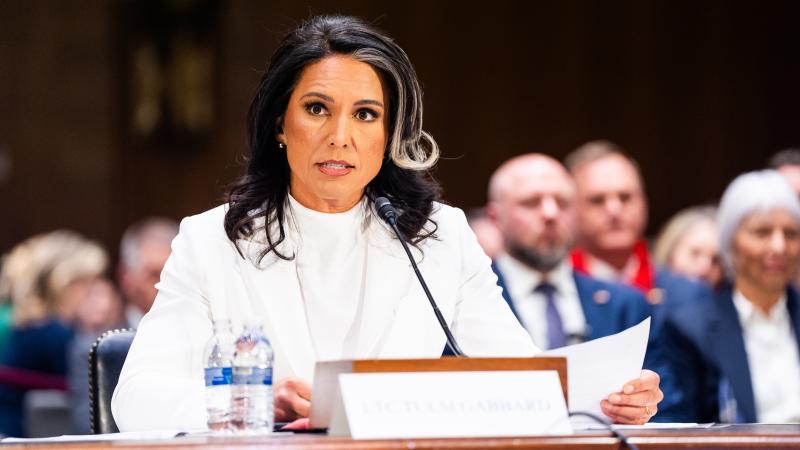Lax IRS oversight leads to over $15B in questionable low-income housing tax credit claims
Audit cites undated claims, missing addresses, unidentified building owners, lapsed eligibility concerns.
This week's Golden Horseshoe is awarded to the IRS for a lack of oversight that led to $15.6 billion in questionable Low-Income Housing Tax Credits (LIHTC) on more than 68,000 claims, according to an audit report by the Treasury Inspector General for Tax Administration (TIGTA).
"There were potentially large dollar amounts of questionable LIHTC claims based on information from key forms and schedules submitted to the IRS," the watchdog found.
Filed over tax years 2015-2019, the questionable claims "lacked or did not match supporting documentation due to potential reporting errors or noncompliance," according to the IG report.
The inspector general found "significant issues" with the reliability of data, reconciliation discrepancies, and other issues on the forms submitted to the IRS.
"We reviewed the IRS's processes and procedures to ensure [housing credit agency (HCA)], building owner, and taxpayer compliance with LIHTC provisions and found significant issues with data reliability that increase the risk of undetected errors and noncompliance," the IG reported.
State housing credit agencies award the credits for qualified housing projects, but the IRS is responsible for oversight of the credits.
The watchdog's audit cited examples of the questionable 68,178 claims it found, and while some information in the audit was redacted, thousands of records with issues included:
- 31,342 records without a date received;
- 2,307 records without a street, city, state, and zip code for the building, which would hinder IRS ability to locate the building or verify its existence;
- 4,175 records without a building owner name, which raised questions about the building owner's identity;
- 1,287 records with building owners' signature dates after the form received date, including future dates (ex. February 21, 2047 and May 9, 2061);
- 12,510 records with a signature tax identification number (TIN) in the building owner's signature section that was different than the building owner's TIN.
The LIHTC program was enacted over three decades ago to encourage more affordable rental housing, and the tax incentive allows builders to claim a credit for 10 years if they allocate a certain amount of units for low-income households.
The inspector general found a significant number of the credits were being claimed past the allowable 10-year period.
The audit identified 20,175 LIHTC claims totaling about $491.5 million in tax years 2018 and 2019 for pre-2008 buildings. "These claims are immediately questionable due to the 10-year period allowed for claiming LIHTC," according to the report.
The audit was conducted in response to a request by former Sen. Michael Enzi (R-Wyo.) before he retired in January 2021.
The IRS agreed with several of the IG's recommendations, but took issue with the questionable claims as they were not "current concerns" and occurred in previous years, before the agency put in place a new LIHTC database.
"Recently we have implemented significant improvements to the LIHTC program that increase efficiency, improve data reliability and reduce taxpayer burden," wrote De Lon Harris, commissioner, Small Business/Self-Employed Examination, to Deputy Inspector General Michael E. McKenney. Harris said those improvements include a new LIHTC database, improved communications with housing credit agencies, updated internal processes and procedures, and new training courses.
"We agree there are opportunities to further improve administration of the LIHTC program, however, TIGTA's report significantly overstates the extent of current concerns," Harris wrote. "TIGTA's analysis includes records dating back to 2014 which is prior to our October 2017 implementation of the new LIHTC database and significant improvements were realized."
TIGTA, however, indicated the more than 68,000 claims it found "lacked or did not match supporting documents" and recommended the IRS "make additional efforts to determine the causes of these errors."
















